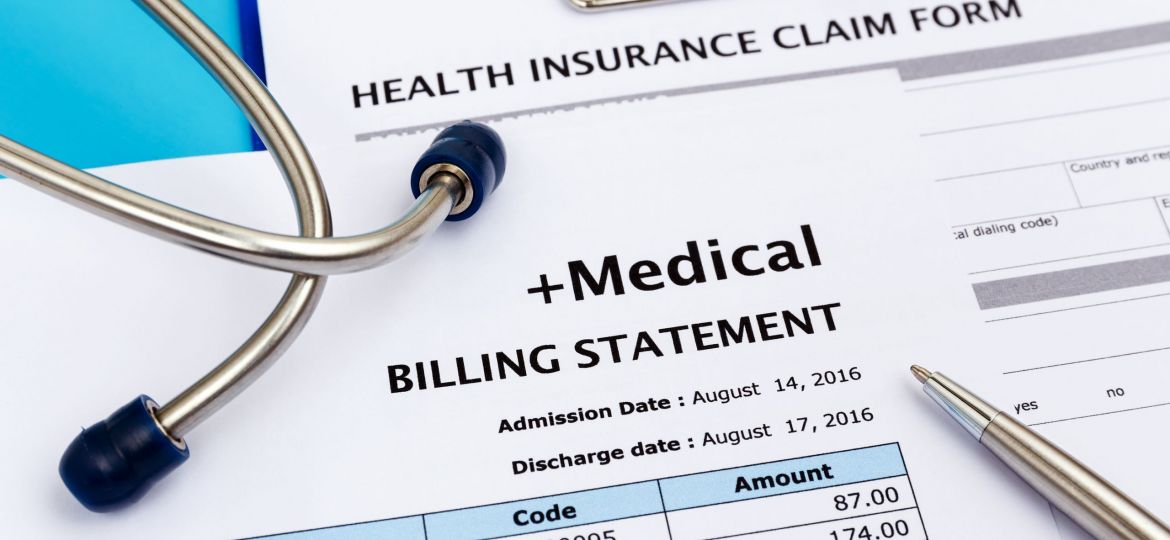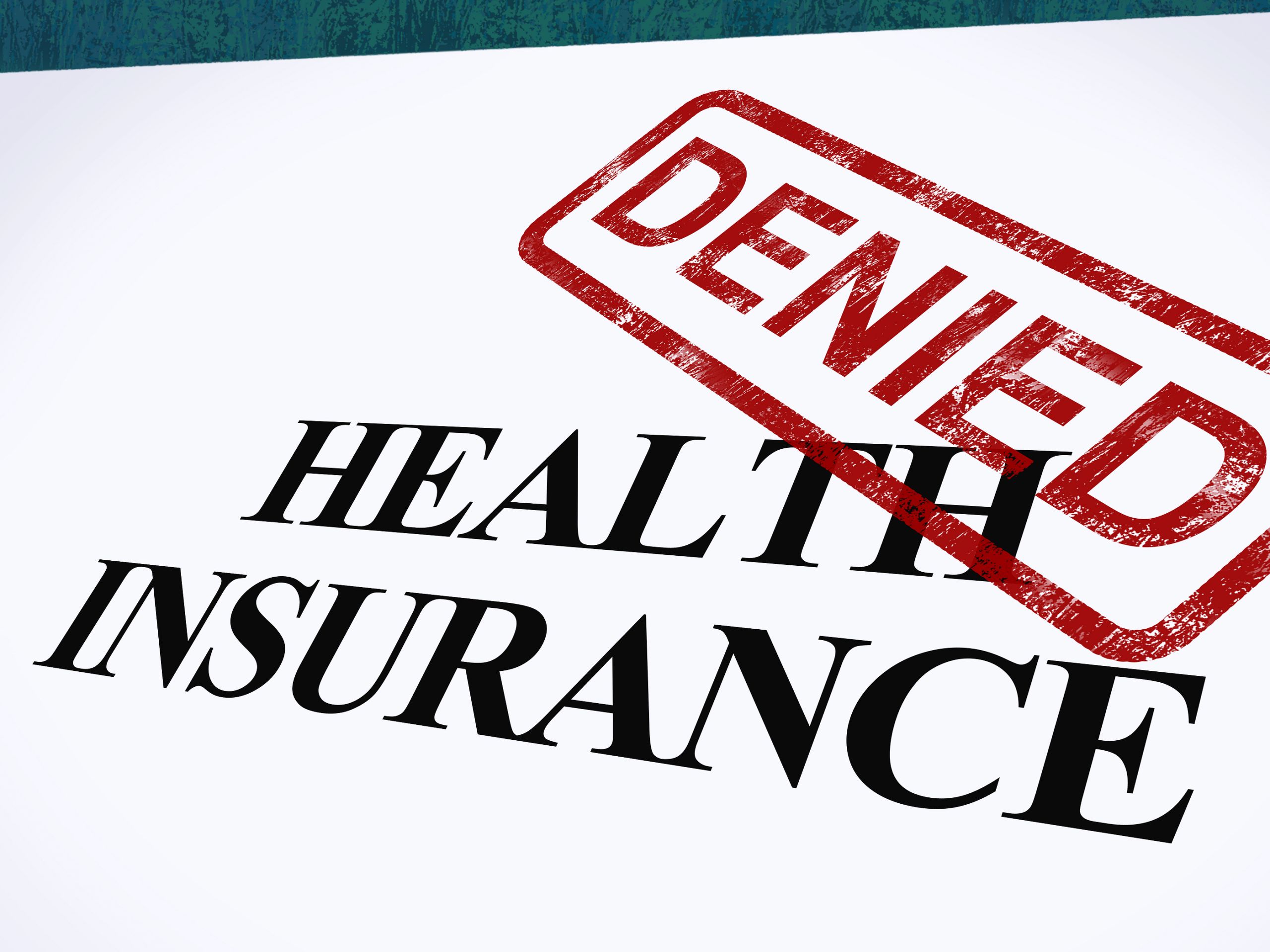Updated Feb 12, 2025 by David M. Chester, Ohio Personal Injury Lawyer
Understanding Ohio injury settlement impacts on your benefits is crucial before accepting any settlement offer. Many people focus solely on the settlement amount without considering how it might affect their health insurance, Medicaid, Medicare, SSI, or SSDI benefits. This oversight can lead to serious consequences–here, we help you understand how.
Understanding Subrogation and Reimbursement
When settling your personal injury claim, both private and government health insurers typically demand reimbursement for accident-related treatment they’ve paid. This process, known as Ohio subrogation, can significantly impact your final settlement amount.
Private Health Insurance Claims
Private health insurance contracts usually require repayment for medical bills they’ve covered when a third party is at fault. Several factors can affect your repayment obligations, including limited liability coverage, partial fault in the accident, and the distinction between accident and non-accident-related care. Importantly, negotiation opportunities often exist to reduce these repayment amounts.
Key Factors Affecting Ohio Medicare Settlement Rules
Medicare and Medicaid requirements deserve special attention. Key considerations include:
- Statutory repayment requirements must be carefully followed
- Criminal penalties may apply for non-repayment
- Reduction opportunities exist but require proper documentation
- Complex rules govern future medical expense considerations
Medicaid Settlement Considerations
Ohio Medicaid subrogation follows specific rules that can work in your favor. Medicaid must accept half of what remains after attorney fees and expenses, and the “pro rata” rule means they only get their proportional share of the settlement. For example, if you receive 10% of your case’s value, Medicaid should only get 10% of their expenses back. This requires careful review to ensure only accident-related care is included in calculations.
Medicare Set-Aside Considerations
Despite common misconceptions, Medicare set-aside trusts aren’t always necessary. They’re typically only required when Medicare will be paying future accident-related medical bills, you’ll be on Medicare in the near future, or when future care is Medicare-covered. Understanding these requirements can help prevent unnecessary allocation of settlement funds.
Impact on Need-Based Benefits
Your Ohio injury settlement impacts can extend beyond immediate repayment concerns. Large settlements can temporarily affect need-based benefits like Medicaid or SSI. However, proper planning through special needs trusts, structured settlements, or strategic timing of disbursements can help protect these benefits.
Understanding Benefit Distinctions
Different benefits require different handling approaches:
- SSDI remains unaffected as it’s not need-based
- Medicaid and SSI require careful asset management
- Private insurance follows policy-specific rules
- Workers’ Compensation has unique requirements
Working With Insurance Adjusters
Insurance adjusters rarely prioritize protecting your benefits. They typically won’t fight to reduce your repayment obligations or properly distinguish between accident and non-accident-related care. They may not consider the impact on your future benefits or advocate for appropriate Medicare set-aside amounts. This makes independent legal representation crucial for protecting your interests.
Protecting Your Settlement
To maximize your Ohio settlement benefits protection after an accident, you need a comprehensive strategy. Essential steps include:
- Carefully review and document all accident-related medical bills
- Maintain detailed records of all insurer communications
- Understand your policy’s specific subrogation rights
- Create a plan for future medical needs
- Document all settlement negotiations and offers
Each of these elements requires careful attention to detail and understanding of both state and federal regulations.
Protect Your Benefits With Chester Law Group
The complexity of Ohio injury settlement impacts on various benefits requires experienced legal guidance. An attorney can negotiate with health insurers for reduced repayment, challenge inappropriate repayment demands, structure settlements to protect benefits, and ensure compliance with all legal requirements while maximizing your final recovery.
Contact Chester Law Group today at (800) 218-4243 or reach us online. Our experienced team understands how to protect your benefits while maximizing your settlement value in Ohio.





